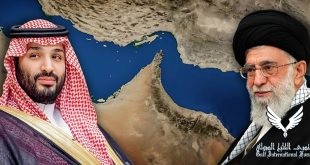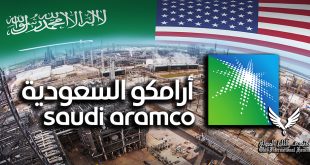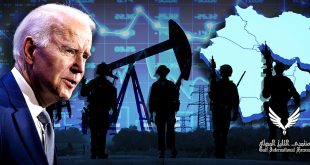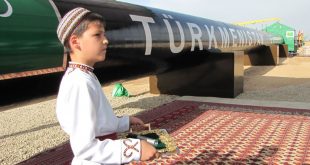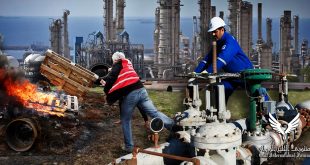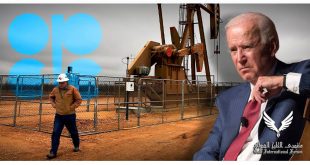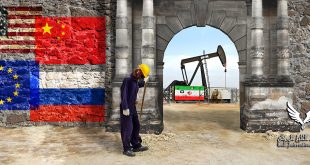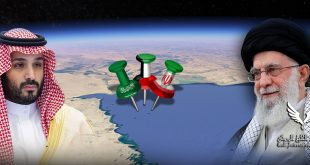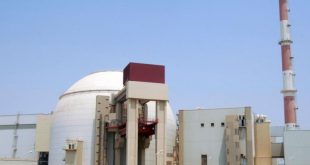As a “neutral” power seeking to distance itself from the Middle East’s various geopolitical rivalries, China has supported reconciliation and peace to stabilize its access to the region’s resources. The relationship between Iran and Saudi Arabia has been fraught with tension for decades, with each side accusing the other of interference in …
Read More »Saudi Aramco’s U.S. Investments: A Win-Win Template for Bilateral Energy Engagement
As Saudi Arabia has grappled with its Vision 2030 reform plan and its transition away from fossil fuels, one international partner of choice in the energy sector has emerged: the United States In recent years, many countries in the Middle East region have concluded that their continued economic dependence on …
Read More »The Dynamics Shaping Global Energy Markets in 2023
After a year of unprecedented turmoil, global energy prices could return to a ‘new normal’ in 2023—or they could be further disrupted by ongoing or new political and economic crises. The full-scale Russian invasion of Ukraine in February 2022 led to major reverberations in energy markets around the world. In an attempt …
Read More »Iran Looks to Turkmenistan for Energy Needs
With its massive oil and natural gas reserves, Turkmenistan’s economy is heavily dependent on foreign exchange earnings from the export and sale of these resources. Given this, the country’s economic stability is tied to Ashgabat’s foreign policy and cooperation with its neighbors, including those territories located in the path of …
Read More »Iran and the Shanghai Cooperation Organization
While representing a major symbolic step, finalizing Iranian membership in the Shanghai Pact is not a panacea for the country’s current political, economic, and security challenges. Before the outbreak of recent mass protests, Iranian leaders were working to ameliorate their country’s international isolation through official membership in the Shanghai Cooperation …
Read More »Striking Oil: How Strikes in Iran’s Energy Sector Could Shape the Protest Movement
In 1979, oil workers in Iran dealt a blow to the Pahlavi dynasty; now, instability in Iran’s energy sector could once again put tremendous pressure on the regime or lead to the fall of the Islamic Republic itself. Considering the central role of energy exports to Iran’s economy, the security …
Read More »The United States Cannot Influence Global Oil Markets
Considering the increase in demand in the market and the concern of the producing countries about the future of the oil market, and the desire of these countries to increase the production capacity, it is not possible to expect the market to return to normal conditions in the short run. …
Read More »Iran Cannot Develop its Oil Sector Without Sanctions Relief
Iran can neither increase its oil and natural gas production capacity, nor attract the necessary foreign capital and technology for their expansion, without the lifting of sanctions. Thanks to a combination of Western animosity and Iran’s regional foreign policy, the country’s energy industry has faced ever more onerous sanctions in …
Read More »How the Arash-Dorra Gas Field Could Improve Saudi-Iran Ties
Energy diplomacy and national interest suggest a good opportunity for Iran and Saudi Arabia, each within the framework of its own national interests, to jointly extract oil and gas from this field. Over the past two decades, Iran’s Ministry of Oil had made increasing the production capacity of oil and …
Read More »Iran’s second nuclear power plant: A dream or a reality?
Development of electricity generation capacities in nuclear power plants is a goal of Ebrahim Raisi, and the Darkhovin site is one, in this regard, to be able to compensate for Iran’s electricity shortage. Despite its vast oil and gas resources, Iran has not been able to play a significant role in the …
Read More »
